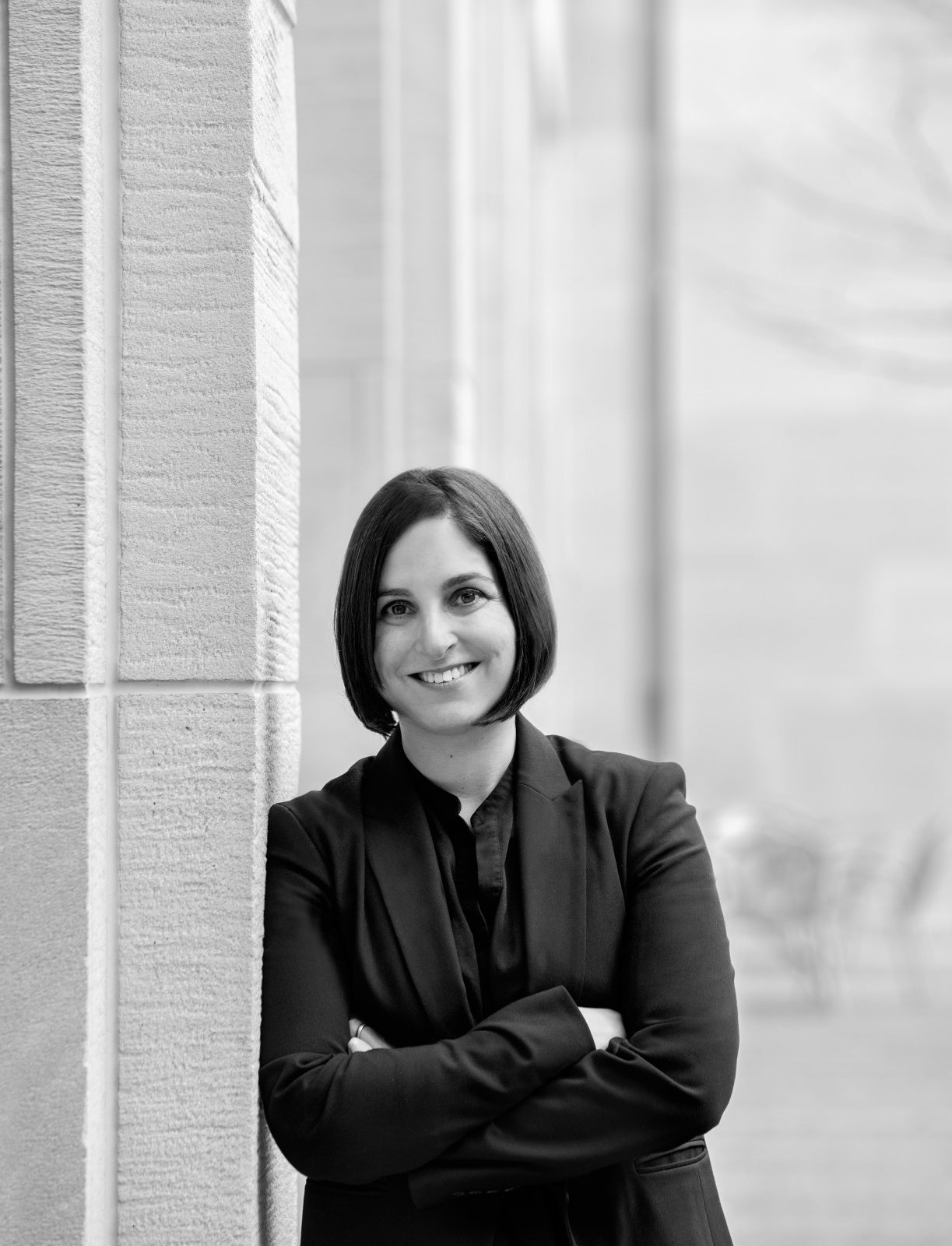Harvard Law School’s clinical faculty and instructors are advancing their advocacy by publishing critical scholarship in journals nationwide.
For clinical faculty and instructors interested in workshopping a draft of an article or book chapter that you are working on, the Office of Clinical and Pro Bono Programs (OCP) hosts a Clinical Writing Partners Initiative. The Clinical Writing Partners Initiative is a two-pronged opportunity open to any clinical faculty member, clinical instructor or staff member engaged in academic writing. In August, January, and June, the group will meet to share their works in progress and provide each other feedback. It is also an opportunity to share publishing tips and other ideas for how best to advance one’s scholarship. For any interested clinician, there will also be an opportunity to be paired up with a partner or group of three to meet monthly or bi-monthly to provide a space for feedback and support.
This post highlights recent articles published by HLS clinicians. If you have recently published an article, please let us know so that we can share your work!
If you are interested in joining the Clinical Writing Partners Initiative, please email Sheryl Dickey. The next workshop is scheduled for Tuesday, August 13, 12:00-1:00 pm.

Tiffany Lieu, clinical instructor at the Harvard Immigration and Refugee Clinical Program, recently published an article in the George Washington Law Review. The article explores the concept of “effectively irrebuttable presumptions” in U.S. civil law, with a particular focus on immigration cases. This work challenges the conventional understanding of rebuttable presumptions and their impact on due process.
The article, titled “Effectively Irrebuttable Presumptions: Empty Rituals and Due Process in Immigration Proceedings,” argues that certain presumptions in law, while labeled as rebuttable, are in practice nearly impossible to overcome. This creates a significant issue in terms of due process, especially in immigration proceedings where the stakes for individuals can be extraordinarily high.

Sabi Ardalan, clinical professor of law at the Harvard Immigration and Refugee Clinical Program, recently co-authored an article in the Columbia Law Review. The article, titled “Congress’s Untapped Authority to Certify U Visas,” examines the U visa, a legal pathway for immigrant crime victims who assist law enforcement, focusing on the certification process required for application.
Ardalan argues that congressional committees and subcommittees conducting investigations should be recognized as certifying authorities for U visas, a role they have not yet fulfilled. The piece presents three examples of congressional investigations where U visa certification would be appropriate, including cases of medical abuses of detained women, family separation policies, and the use of solitary confinement in immigration detention.
Filed in: Clinical Voices
Tags: Harvard Immigration and Refugee Clinical Program, Scholarship